A Quick Reference Guide to Mastering Cold Chain Integrity
by Leonard's Express | Sponsored Content, on Aug 25, 2025 12:46:16 PM

If you’re shipping refrigerated cargo of any kind, you know how challenging it is to maintain cold chain integrity. Whether you’re moving products across town or across country, your loads must arrive on time, and at the proper temperature to ensure that only inventory of the highest quality ends up on store shelves and in
the hands of consumers. Any failure in cold chain management could lead to widespread sickness, death, or millions of dollars in inventory loss and settlement fees.
With so much riding on cold chain management, it’s more critical than ever for shippers to understand what to look for when selecting refrigerated transportation and warehousing providers. This quick reference guide is designed to facilitate that process; to help shippers and carriers work together to keep consumers safe, eliminate food loss, and master the discipline of cold chain integrity.
Cold Chain Integrity and Food Loss
Before diving into specific tips for shippers and carriers, it’s important to understand the enormous impact that substandard cold chain management has on the amount of food that’s wasted each year. According to Recycle Track Systems, Inc., a leading waste-conscious collection service based in New York, “About 30 percent of food in American grocery stores is thrown away. U.S. retail stores generate about 16 billion pounds of food waste every year. Wasted food from the retail sector is valued at about twice the amount of profit from food sales.”
The Food and Agriculture Organization (FAO) of the United Nations says that this food loss “is mainly caused by the malfunctioning of the food production and supply system or its institutional and policy framework.” There are several factors in play, and among them is cold chain challenges like the lack of proper storage facilities. The direct economic cost of food loss of agricultural products, based on producer prices only, is about 750 billion USD dollars annually.
Clearly, cold chain integrity is worth investing time and resources in. Here are some key areas that shippers must focus on when selecting a refrigerated transportation and warehousing provider.
- Have a Clear Understanding of Government Regulations
Make sure you’re in compliance with all applicable Food and Drug Administration (FDA) and Food Safety Moderation Act (FSMA) standards. If you’re using dry ice, you’ll also need to be compliant with Title 49 of the Code of Regulation (49 C.F.R).
Carriers must adhere to U.S. Environmental Protection Agency (EPA) standards for clean air and pollution reduction. In March of 2022, the EPA proposed even stronger emissions standards for heavy-duty vehicles and engines. Make sure your carrier is working to meet these new standards by adopting new technologies and working with the EPA to stay ahead of the curve. - Require Provider to Use State-of-the-Art Technology
Shippers of refrigerated cargo should only work with carriers that provide state-of-the-art technology that lets you track your load while it’s in transit. Look for carriers that can offer remote monitoring capabilities, which measure the temperature inside the trailer.
If you’re using your carrier’s warehouse, it should have some sort of nationally or globally recognized certification to ensure it meets the most stringent requirements for a broad range of dry and perishable products. Also, look for a facility that allows drivers to pull their vehicles into a refrigerated loading dock, where the warehouse staff breaks the seal while backed into a dock to ensure cold chain integrity. Ideally, the warehouse will have docks that can accommodate not only standard trailers, but those with lift gates, step ledges, or other rear extensions. To avoid potential damage to trailers and cargo, look for side frames that allow for proper sealing around the lift gate and standard trailers. These features significantly decrease the risk of damaging cargo with a sudden temperature change and minimize pest infiltration.
Of course, not all cargo requires the same refrigeration conditions. If you’re shipping a variety of products, look for a warehouse that offers a wide range of temperature controls – ideally, between -10-and-45 degrees Fahrenheit.
Pay careful attention to a carrier’s chain of custody compliance. To ensure the strongest compliance, look for a facility with a top-notch security system that monitors activity both inside and outside the buildings.
Cutting-edge technology benefits you in other ways, too. The best cold chain technology not only keeps your perishable foods fresh, it’s also highly energy efficient, which means the carrier’s own costs are lower. This should translate into better prices for their services. - Choose a Provider that Specializes in Cold Chain Integrity
Whether you’re shipping produce across the country, or vaccines from one state to the next, transporting and warehousing temperature-sensitive products is a highly complex process with many variables. Not every carrier has the expertise to provide the service you need. Partner with a company that has the experience to transport and store your products safely and economically— and has an exceptional record for on-time delivery.
Also, make sure the company’s expertise extends to its drivers, who should have the skills, behaviors, and traits that characterize a true professional. Look for a strong emphasis on safety.
If you’re shipping across the country, make sure your carrier’s footprint matches yours. Some carriers are local; others are regional; and still others cover 48 states and may travel into Canada. Your carrier should be big enough to tailor solutions to fit your specific situation but small enough to know your name and be responsive to your needs. If you’re anticipating rapid growth, make sure the carrier is prepared to scale up quickly to grow with you and accommodate different peak- demand cycles, such as holidays. - Only Work with Providers that Embrace Innovation
In selecting a carrier, make sure they have an ongoing commitment to the latest innovations, from their corporate office to the trucks themselves, all designed to make their operations more efficient and streamlined.
Take a good look at a potential carrier’s sustainability efforts in areas such as fleet electrification, alternative and renewable fuels, cleaner-burning engines, fuel efficiency, freight efficiency, “green” facilities, and testing new sustainable technologies. Ideally, they’ll be early and frequent adopters of new technologies and tools to save fuel and reduce emissions. - Make Sure Your Provider has a “Customer First” Mentality and Aligns with Your Values
Ideally, you’ll work with a carrier that will be keenly focused on your needs, treating you with the highest level of personal attention and care. They’ll be committed to ensuring cold chain integrity and keeping your cargo in the same fresh condition as it was when it left the warehouse—and that it’s shipped for a fair price.
Perhaps more importantly, you and your carrier should have a relationship that’s about more than dollars and cents. You both should be focused on a partnership that’s committed to doing the right thing for you, and the world around you.
For more information, visit the Leonard's Express website.
Like this kind of content? Subscribe to our "Food For Thought" eNewsletter!
Now more than ever, professionals consume info on the go. Distributed twice monthly, our "Food For Thought" e-newsletter allows readers to stay informed about timely and relevant industry topics and FSA news whether they're in the office or on the road. Topics range from capacity, rates and supply chain disruption to multimodal transportation strategy, leveraging technology, and talent management and retention. Learn More



